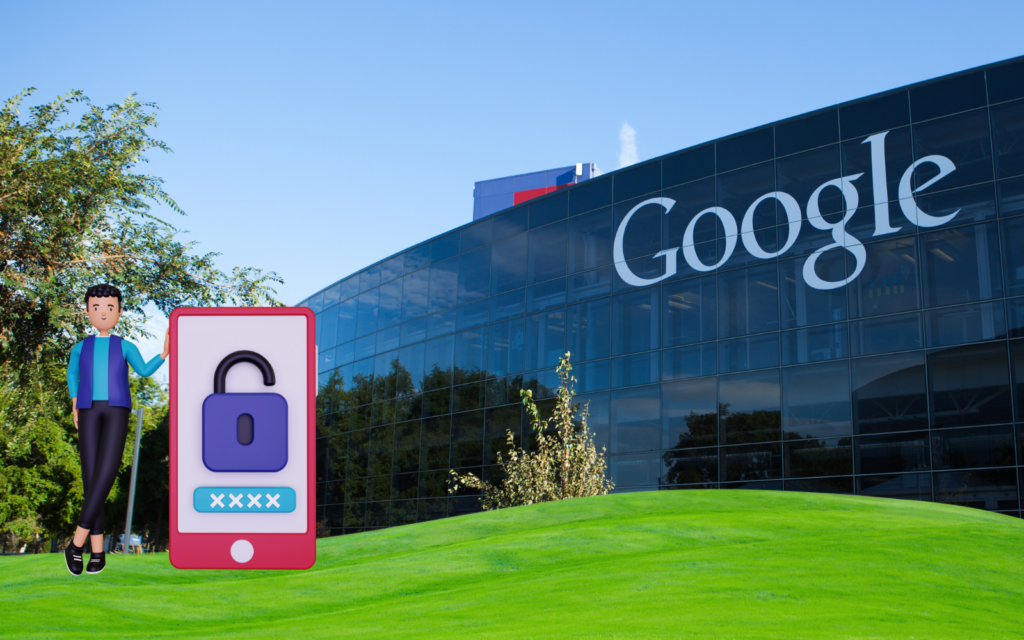Google may no longer ask you for a password or 2-Step Verification (2SV) when you sign in to its accounts. The internet giant introduced passkeys to all personal Google accounts this week. Users won’t be forced to drop passwords for passkeys, but they’ll have the option to do so.
In a blog titled ‘So long passwords, thanks for all the phish’ Google said passkeys offer a more convenient and safer alternative to passwords.
“They work on all major platforms and browsers, and allow users to sign in by unlocking their computer or mobile device with their fingerprint, face recognition, or a local PIN,” said Google.
It says using passwords puts a lot of responsibility on users who have to choose a password that’s both strong enough to guess and one that they’ll actually remember. With so many online platforms requiring passwords, most use familiar dates or names of places, pets, or people close to them.
Read More: Apple’s PassKeys update could make traditional passwords obsolete
Believe it or not, but 123456, password, 12345678, and qwerty remain the most popular passwords to date. Users are either too lazy to type in complicated passwords or are just forgetful. Either way, this opens them up to cybercrimes.
Google says even savvy users who opt for stricter passwords can still be misled into giving them up during a phishing attempt.
“2SV (2FA/MFA) helps, but again puts strain on the user with additional, unwanted friction and still doesn’t fully protect against phishing attacks and targeted attacks like “SIM swaps” for SMS verification. Passkeys help address all these issues.”
Read More: The CSIR details some of the locally developed cybersecurity tech it has at its disposal
Passkeys are saved on a user’s device. Google says it does not have access to the biometric data, which is also not shared with any other third party.
“Using passkeys does not mean that you have to use your phone every time you sign in. If you use multiple devices, e.g. a laptop, a PC, or a tablet, you can create a passkey for each one,” adds Google.
Source: Google Blog
